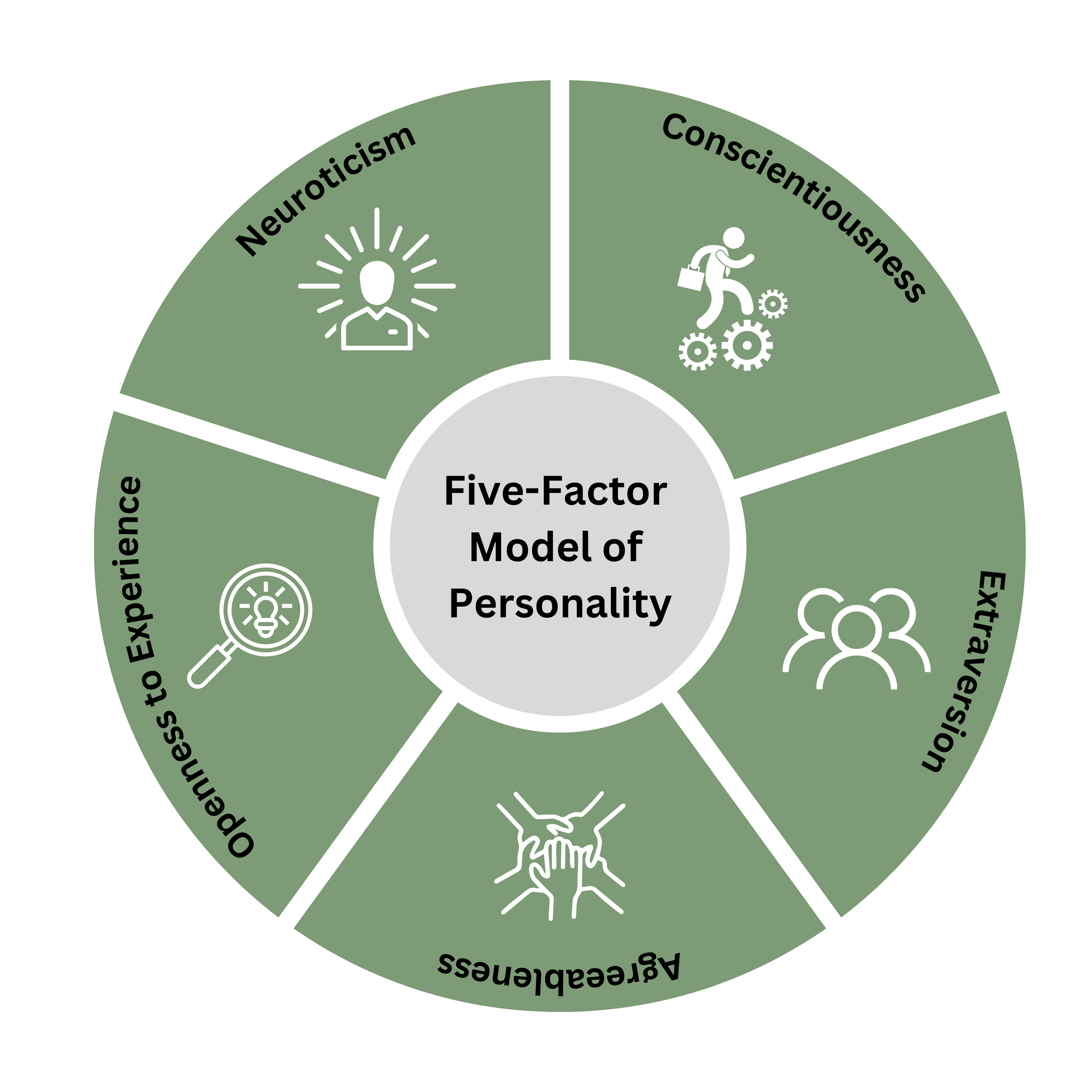
Personality Disorders
Personality disorders can be perplexing, not just for those experiencing them but also for their loved ones. If you or someone you know is navigating the challenge of a personality disorder, I am here to offer a path towards understanding, managing, and healing.
What are personality disorders?
Personality disorders are a group of mental health conditions characterised by enduring patterns of inner experience and behaviour that deviate markedly from the expectations of an individual’s culture or social context. These patterns are pervasive, inflexible, and lead to distress or impairment.
Personality disorders are often misunderstood, and my role is to shed light on these conditions, helping you understand that these are genuine and challenging experiences that require empathy and specialised care.
What are some of the most common types of personality disorders?
Each personality disorder comes with its own unique set of characteristics. Some of the more prevalent ones include:
- Borderline Personality Disorder (BPD): Characterised by instability in relationships, self-image and emotions.
- Narcissistic Personality Disorder: Involves a grandiose sense of self-importance and a lack of empathy for others.
- Antisocial Personality Disorder: Marked by a disregard for and violation of the rights of others.
- Obsessive-Compulsive Personality Disorder (OCD): Characterised by a preoccupation with orderliness, perfectionism, and control.
Psychological and behavioural interventions for personality disorders
Treating personality disorders requires a tailored approach that addresses your specific challenges and needs. Common interventions include:
- Cognitive Behavioural Therapy (CBT): This approach helps identify and change harmful thought patterns and behaviours. It’s instrumental in managing symptoms of personality disorders, providing tools to cope with dysfunctional thinking and behaviour.
- Dialectical Behaviour Therapy (DBT): DBT is especially effective for those with Borderline Personality Disorder. It combines standard cognitive-behavioural techniques for emotion regulation and reality testing with concepts of distress tolerance, acceptance, and mindful awareness.
What happens during therapy for personality disorders?
In our therapy sessions, you can expect a safe and non-judgmental space where we will explore your experiences, thoughts, and emotions. Our sessions will focus on:
- We will work together to understand the patterns of thinking and behaviour associated with your personality disorder.
- I will help you develop effective coping strategies to manage the symptoms and challenges of your condition.
- We will explore ways to improve your interpersonal relationships and how to communicate effectively.
- A crucial part of our work will be to build self-awareness and understanding of how your thoughts and behaviours impact your life and relationships.
- We will also focus on skill-building in areas such as emotion regulation, distress tolerance, and mindfulness.
- Additionally, I could assist you in finding a support group to help you explore and integrate growth in a safe environment.
Using personality measures in therapy
I often use standardised personality assessment tools formulated on the Five-Factor Model (FFM), a well-established framework that delves into the intricacies of individual differences.
Also known as the Big Five personality traits or OCEAN model (Openness, Conscientiousness, Extraversion, Agreeableness, Neuroticism), the FFM encapsulates the fundamental aspects of personality.
Openness reflects creativity and an eagerness for new experiences, while Conscientiousness captures traits such as organisation and goal-directed behaviour. Extraversion speaks to sociability and high energy levels, while Agreeableness measures qualities like interpersonal cooperation and altruism. Neuroticism gauges emotional stability, highlighting an individual's emotional resilience or vulnerability.
In therapy, the FFM is a powerful tool for assessment and self-awareness. Through the use of personality assessments, I guide you in gaining insights into your unique personality profile. This self-awareness becomes a cornerstone for personal growth as you identify their strengths, set realistic goals, and address areas that may benefit from development. The FFM allows me to tailor interventions to your specific personality traits, creating a personalised roadmap for constructive change.


